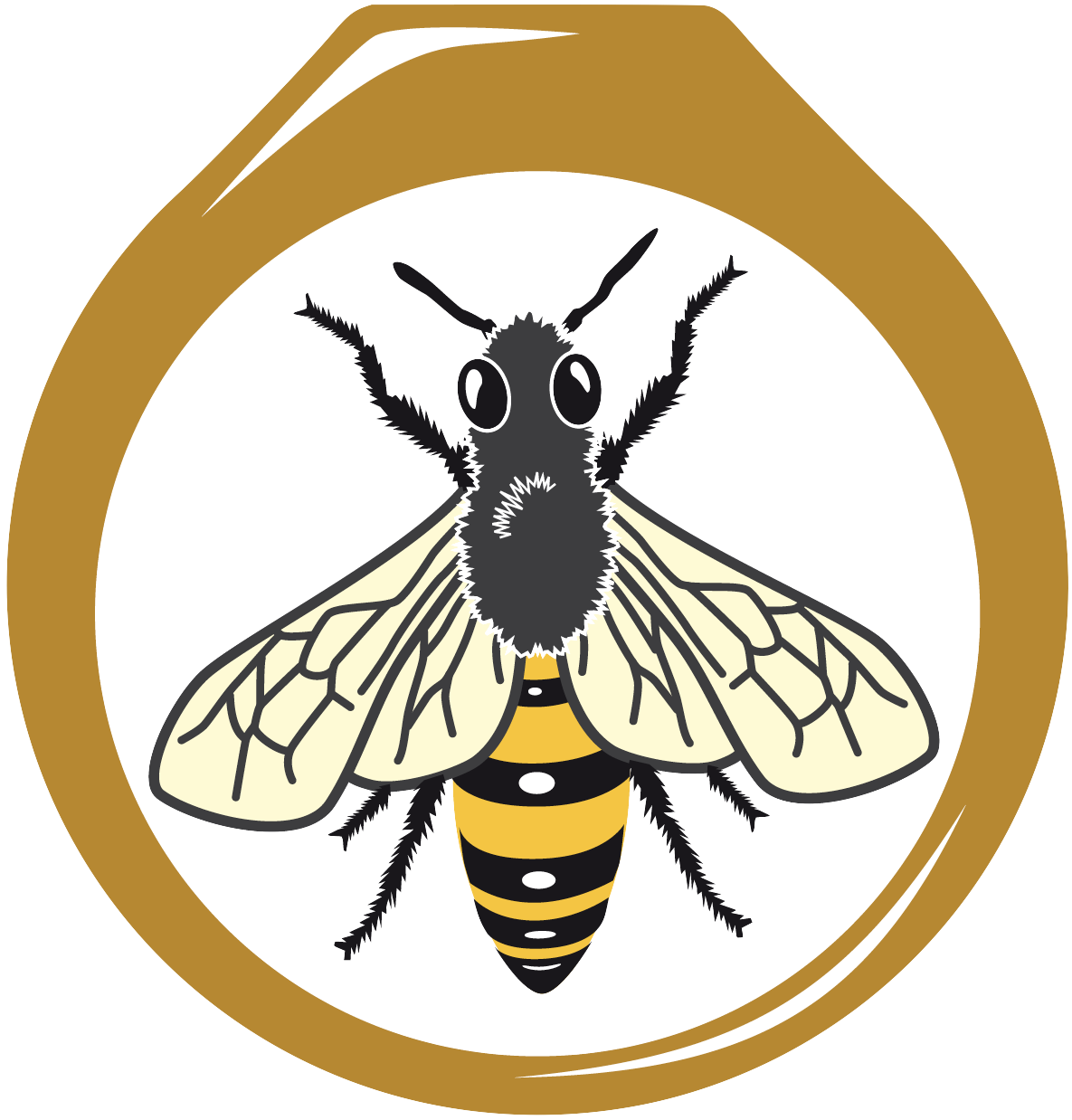
Matt: I think opera continues to fascinate me because I don’t know what it is – or rather, its definition is endlessly flexible. Opera can be many things along the spectrum between spoken drama and instrumental music. It could be, say, a play which is spoken, but with notated rhythms; or it might be a piece for solo oboe and mime. The essence of opera is the intersection of music and language in a dramatic form – and that intersection can take innumerable shapes. I think of Beckett’s plays as operas, for instance, especially the later ones; the silences are the loudest things in them. His rhythms are as subtle – and as hard to get right – as György Kurtag’s or Morton Feldman’s are.
Faye: How do you see the future of opera? How do you see it changing in content or form, or becoming more accessible? How does opera fit in relation to other types of music and/or musical theater?
Matt: Look, classical music is a subculture. And that’s OK. We should embrace this reality, rather than whining about how we don’t sell as many tickets as Justin Bieber. Why would we want to? Who in their right mind would do what it takes to be “mainstream” in 21st-century America? Can you imagine being under the kind of commercial pressure pop artists are under?
The only kind of “accessibility” I care about it is physical accessibility – intimacy in a performance space. I think it’s a lack of intimacy in the concert hall, rather than anything in the music itself, that keeps some potential listeners away from classical music. If you sit in a cheap seat far away from an unamplified orchestra – well, it can be an underwhelming experience for someone who’s used to listening to music through headphones.
Often, small venues provide the most thrilling experiences. In the end, it’s intimacy, rather than grandeur, that classical music and opera do best. Grand opera is much less grandiose than arena rock, but the thrill of hearing a human voice up close, with no amplification – or of being so close to a great string player that you hear all the work being done between the finger and the string, and you can hear the way their breath relates to the music they’re making – that’s what we classical musicians are good at.
Faye: What have been some of your favorite conducting experiences?
Faye: What introduced you to poetry at Harvard? Do you feel that your poetry and composing come from similar sources? Do you still write poetry, and if so, what sort of things are you working on now?
